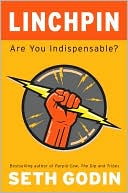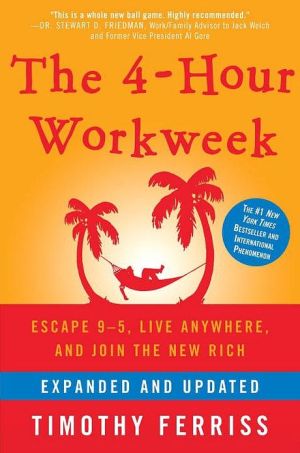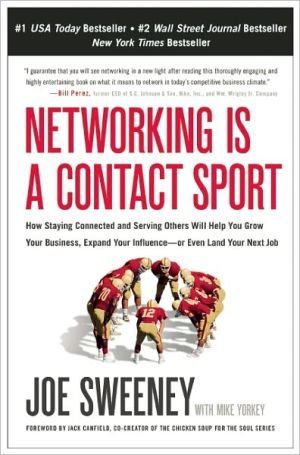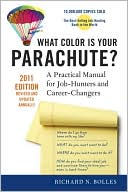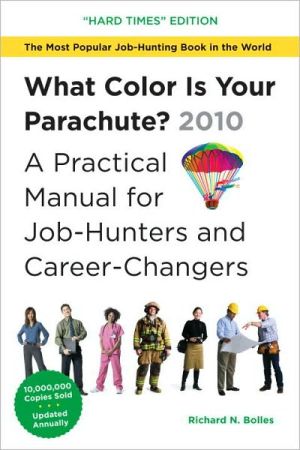Nice Work If You Can Get It: Life and Labor in Precarious Times
2009 Choice Outstanding Academic Title\ Is job insecurity the new norm? With fewer and fewer people working in steady, long-term positions for one employer, has the dream of a secure job with full benefits and a decent salary become just that—a dream?\ In Nice Work If You Can Get It, Andrew Ross surveys the new topography of the global workplace and finds an emerging pattern of labor instability and uneven development on a massive scale. Combining detailed case studies with lucid analysis and...
Search in google:
Combining detailed case studies with lucid analysis, Andrew Ross looks at what the new landscape of contingent employment means for workers across national, class, and racial lines-from the emerging "creative class" of high-wage professionals to the multitudes of temporary, migrant, or low-wage workers. Developing the idea of "precarious livelihoods" to describe this new world of work and life, Ross explores what it means-comparing the creative industry policies of the United States, United Kingdom, and European Union and by examining the quickfire transformation of China's labor market. He also responds to the challenge of sustainability, assessing the promise of "green jobs" through restorative alliances between labor advocates and environmentalists. Publishers Weekly Starred Review. With admirable timing, this volume examines a global workplace infrastructure that's as shaky as the economy would indicate. Taking a hard line against exploitation of workers in a variety of roles worldwide, Ross looks closely at workers on the verge, and those putting them there. In the chapter "China's Next Cultural Revolution?", he warns that "Beijing's rulers have nothing to worry about" so long as "the creative sector behaves like other industries... They can be groomed and promoted... to absorb foreign investment and foreign ideas, to exploit low production costs...." He tackles the Western world with the same nonplussed tone, as when discussing corporate PR tactics to deny ties to labor abuses by promoting social good, naming names like Nike, Reebok and the Gap. He also hits higher education, where much of the workplace is shaped, noting that it's "all too easy to conclude that the global university, as it takes shape, will emulate some of the conduct of multinational corporations." Rejecting the widely influential, free marketeer notion of a worldwide "playing field," Ross leaves no room for easy answers (or an "alternative, and equally snappy, image" to answer Thomas Friedman's or Richard Florida's). Though far from uplifting, this is a bold, pointed look at reality as it is, a far more valuable commodity. Copyright © Reed Business Information, a division of Reed Elsevier Inc. All rights reserved.
Acknowledgements viiIntroduction 1I Creative Workers And Rent-Seeking1 The Mercurial Career of Creative Industries Policymaking in the United Kingdom, the European Union, and the United States 152 China's Next Cultural Revolution? 533 The Olympic Goose That Lays the Golden Egg 77II Sustainability and the Ground Staff4 Teamsters, Turtles, and Tainted Toys 1055 Learning from San Ysidro 131III Instruments of Knowledge Capitalism6 The Copyfight over Intellectual Property 1617 The Rise of the Global University 189Conclusion: Maps and Charters 207Notes 215References 219Index 245About the Author 264
\ From the Publisher“[Ross'] discussion of many topics is clearly informed by his own history as an activist who played a role in supporting the unionization movement of grads and non-tenure-track faculty at New York University. His respect for those doing the work on the ground is most welcome.”\ -Labor Studies Journal\ ,\ “Ross takes us on a wide-ranging journey through the global economy to analyze the dynamics of precarious work in the twenty-first century. Along the way, he poses an urgent question: can creative-class professionals make common cause with low-wage laborers, based on their shared experience of economic insecurity?”\ -Ruth Milkman,University of California, Los Angeles\ “There are no easy answers in Ross’s often surprising case studies of work in the new millennium. His reach is global, from North America to Europe to Asia, as he teases out the contradictory character of contemporary employment.”\ -Cary Nelson,University of Illinois\ “Are culture workers the labor aristocracy or new proles of contemporary capitalism? Andrew Ross tracks the growth of creative industries, from the West to China and beyond, and the deepening contradictions between place and creativity, skills and commerce, intellectual rights and the edu-factory. In this wide-ranging account, Ross persuasively argues that the livelihood of creative workers is more precarious than proletarian, shaped by a regime of work casualization and flexible self-management, of labor discipline and fugitive cunning. An exciting exposition that sustains the relevance of political economy in an age for outsourcing talent.”\ -Aihwa Ong,author of Neoliberalism as Exception: Mutations in Citizenship and Sovereignty\ “Illuminating. . . . Who knows what will be on the table when the damage of the global crisis is told? At the very least, one may hope for a return to security, sensible financial regulation, and a renewed interest in economic equity. Other worlds are possible, and with luck thinkers like Ross can point the way to imagining them more fully.”\ -BookForum\ ,\ \ \ \ \ \ Publishers WeeklyStarred Review. \ With admirable timing, this volume examines a global workplace infrastructure that's as shaky as the economy would indicate. Taking a hard line against exploitation of workers in a variety of roles worldwide, Ross looks closely at workers on the verge, and those putting them there. In the chapter "China's Next Cultural Revolution?", he warns that "Beijing's rulers have nothing to worry about" so long as "the creative sector behaves like other industries... They can be groomed and promoted... to absorb foreign investment and foreign ideas, to exploit low production costs...." He tackles the Western world with the same nonplussed tone, as when discussing corporate PR tactics to deny ties to labor abuses by promoting social good, naming names like Nike, Reebok and the Gap. He also hits higher education, where much of the workplace is shaped, noting that it's "all too easy to conclude that the global university, as it takes shape, will emulate some of the conduct of multinational corporations." Rejecting the widely influential, free marketeer notion of a worldwide "playing field," Ross leaves no room for easy answers (or an "alternative, and equally snappy, image" to answer Thomas Friedman's or Richard Florida's). Though far from uplifting, this is a bold, pointed look at reality as it is, a far more valuable commodity.\ Copyright © Reed Business Information, a division of Reed Elsevier Inc. All rights reserved.\ \ \

